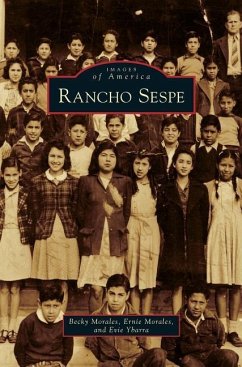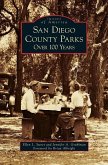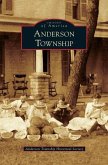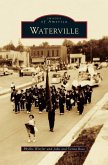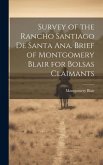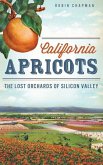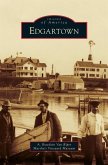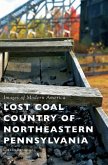In 1833, Rancho Sespe began as a Mexican land grant with 8,881 acres stretching along the Santa Clara River from Piru to Santa Paula. The face of Rancho Sespe is not just the bunkhouse or the family housing that stood on this land; it is, rather, seen in the stories of those who lived and worked on the ranch. Their struggles and triumphs are shared in this book and illustrated with many vintage photographs. The Spaldings developed Rancho Sespe into a very successful ranch for citrus and livestock for over 30 years, and it became a quasi-feudal society as a self-contained working ranch in the 20th century. When the ranch later sold, it ushered in changes for Rancho Sespe to become a part of the modern age, and gone was the worker housing along with other remnants of the past. Many of the families continue to live in the surrounding area generation after generation.
Hinweis: Dieser Artikel kann nur an eine deutsche Lieferadresse ausgeliefert werden.
Hinweis: Dieser Artikel kann nur an eine deutsche Lieferadresse ausgeliefert werden.

